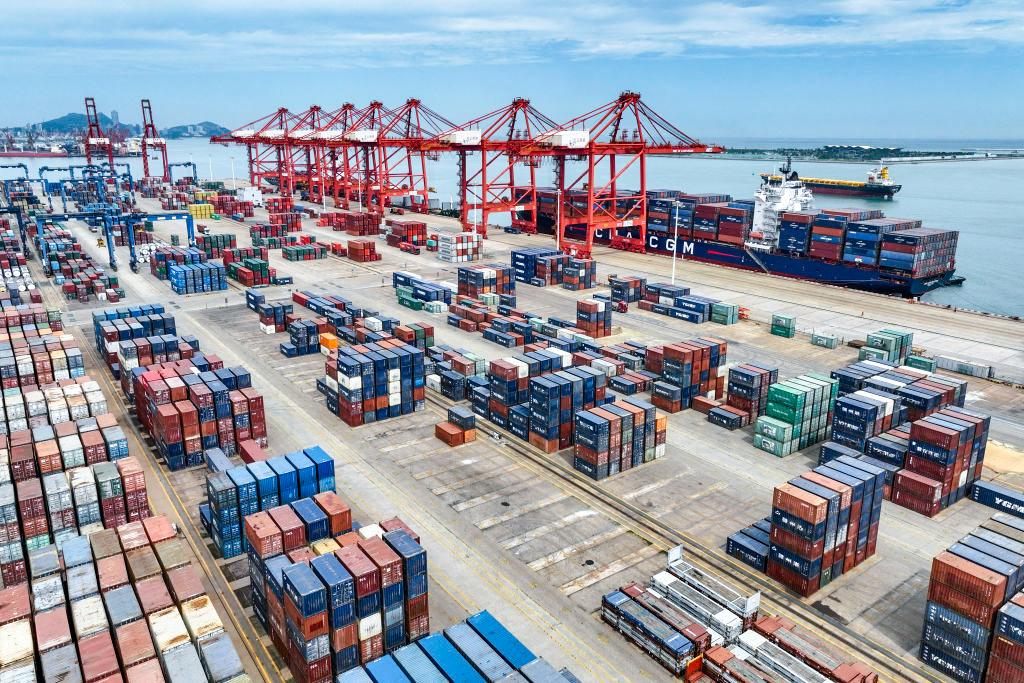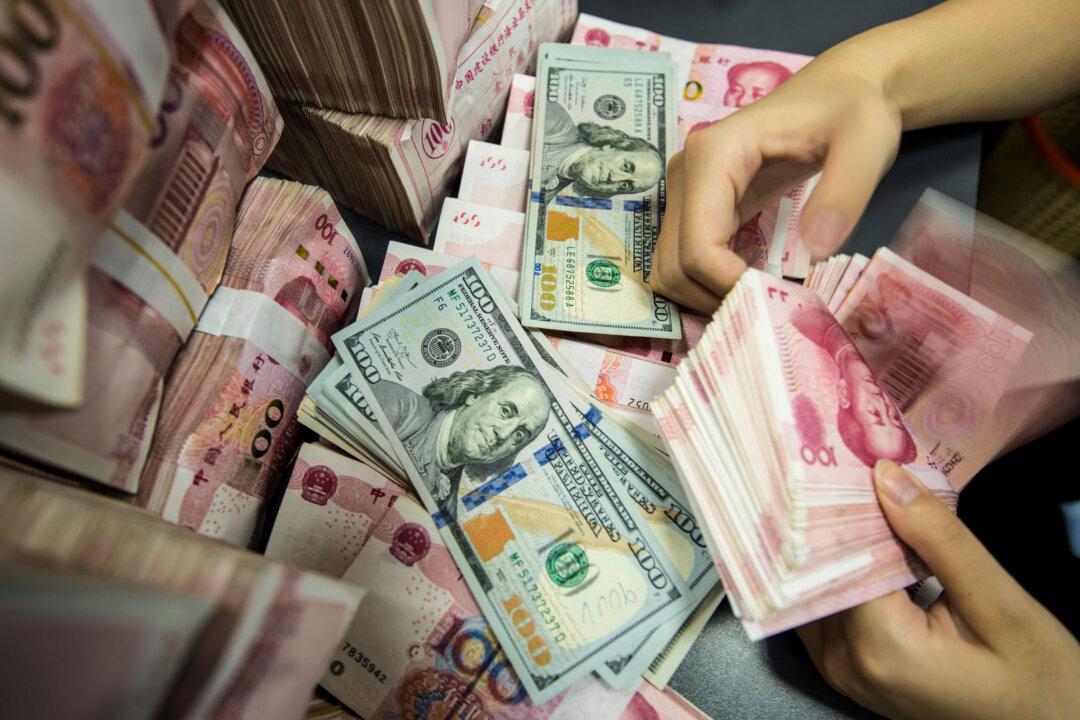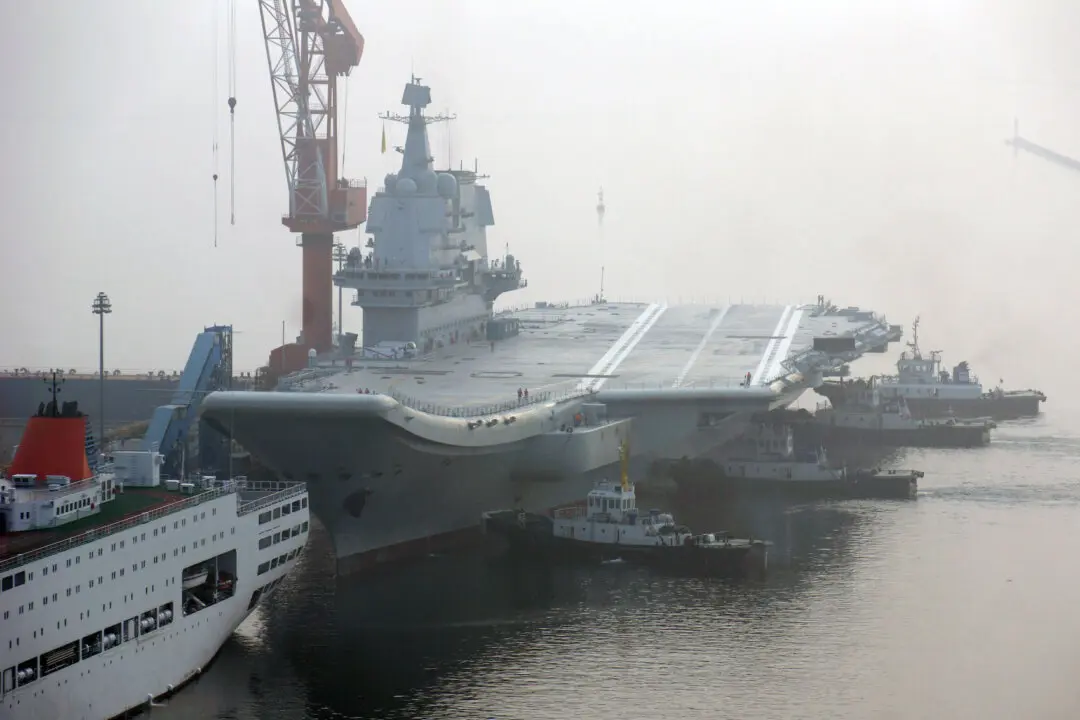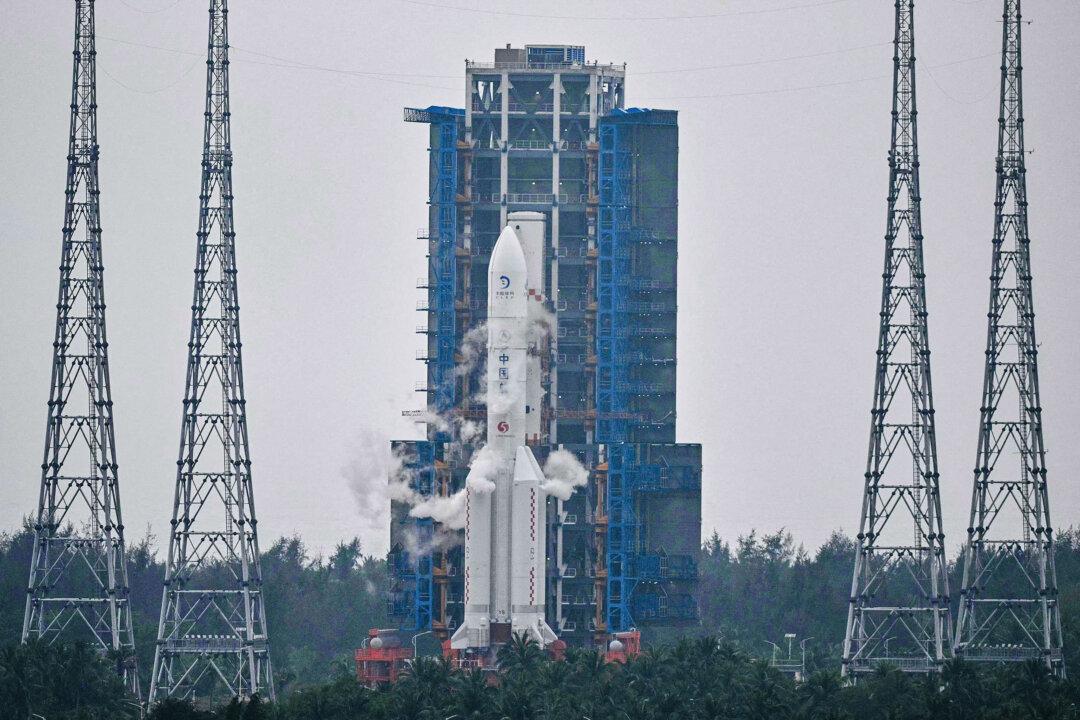Commentary
Tariffs are the most powerful tool in the economic war with communist China, as they protect U.S. supply chains, rebuild manufacturing, create jobs, build coalitions with allies, and reduce the flow of money to the Chinese Communist Party (CCP), thereby slowing the development of the People’s Liberation Army (PLA) and delaying its readiness for war with the United States.





